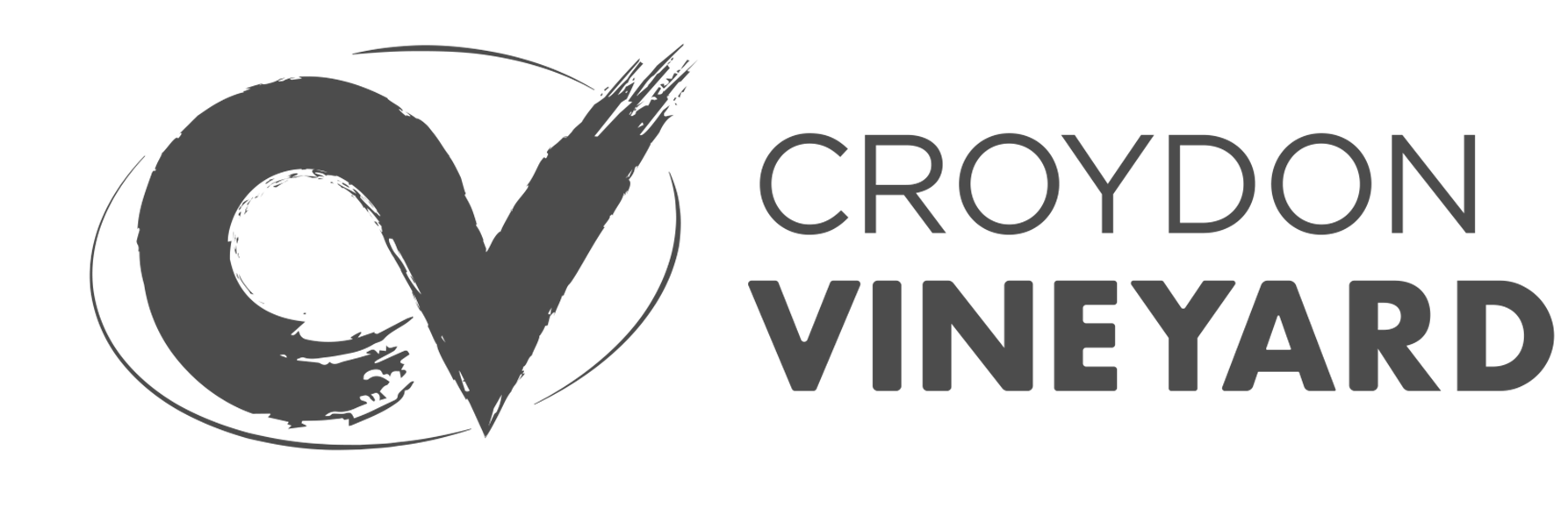2 Corinthians 8 - Tuesday 18th June
Today’s chapter is 2 Corinthians 8
Tom writes:
He smashes up our vision of charity. Charity is me giving some of my stuff to someone else in order to help them out. Charity is a good thing. But Paul smashes it up. He does it in two ways. Firstly he tells us our stuff isn’t “ours” like we think it is. We haven’t truly earned anything. Not our salary. Not any comfort. Not any food or clothes or shelter. All we have has been given to us through the sacrificial act of Jesus. He became poor so that through his poverty we could become rich. This is quite humbling for someone like me - and I guess you - sat under a roof, looking at a screen, having eaten some breakfast this morning, forgiven, embraced, promised all things as my future inheritance. Why has Jesus been so generous to me? When I think about it like this, none of this stuff feels like I can quite call it “mine” any more. I feel slightly embarrassed to have such plenty.
And then the second thing Paul does is quote a verse from Exodus. This verse is massive. Paul believes the modus operandi of all the scattered church of Jesus in the world is the same as the modus operandi of the twelve tribes gathered in the wilderness before Moses. Despite our geographical separation we are united as members of the tribe of God. And the riches we have received from God are like manna from heaven - given to us collectively to get us collectively through today. Gulp. We must be careful not to take this too far - I don’t think Paul is advocating communism or the abandonment of all savings accounts - but what Paul is saying is that a christian in rural Tanzania or a saint in northern China should be able to depend on having enough daily bread. They should be able to depend on us - as their brothers and sisters - to make sure they have enough daily bread. For us to share some of the manna we collected with them is considered a privilege; as the will of God, as an act of divine grace. Giving to them isn’t charity; it is feeding the family, it is passing round the plates at the dinner table. I must admit my stomach knots every time I read this chapter. I feel a conviction from God to be more intentionally generous. Is it even generous, if it’s not mine in the first place?? Whatever words we use, the call to action is clear; to push into a life of holding our possessions lightly and to give more stuff to those who are in need.
Question for reflection
How might Jesus be asking you to show your solidarity with his global people who are in great need?

